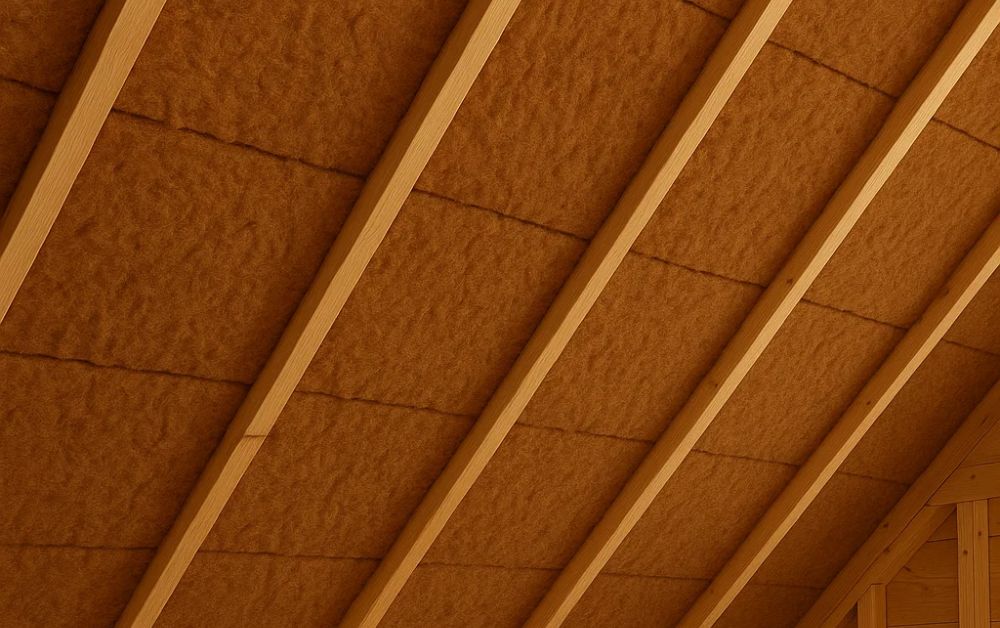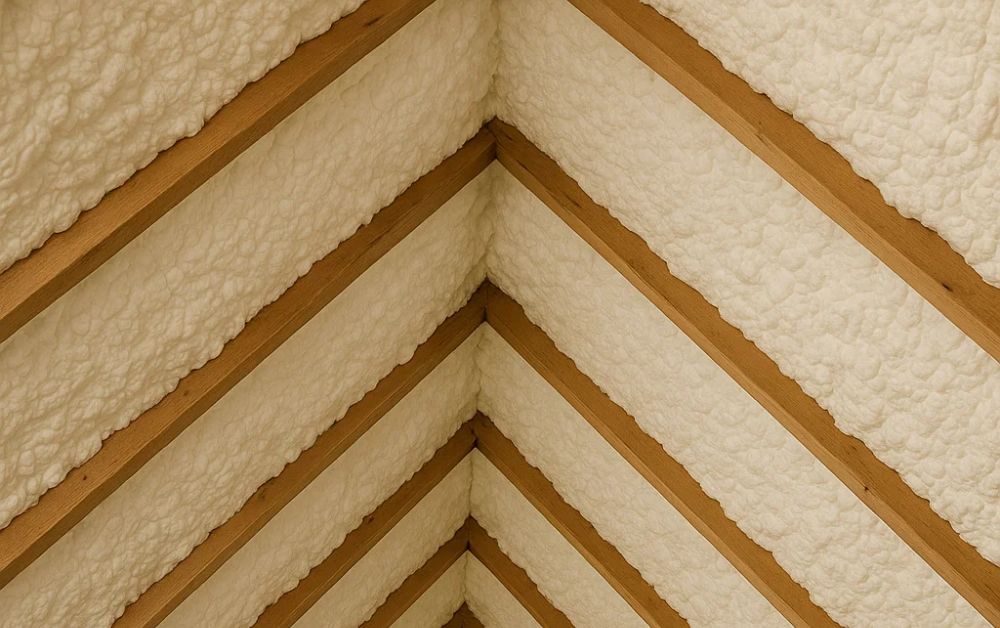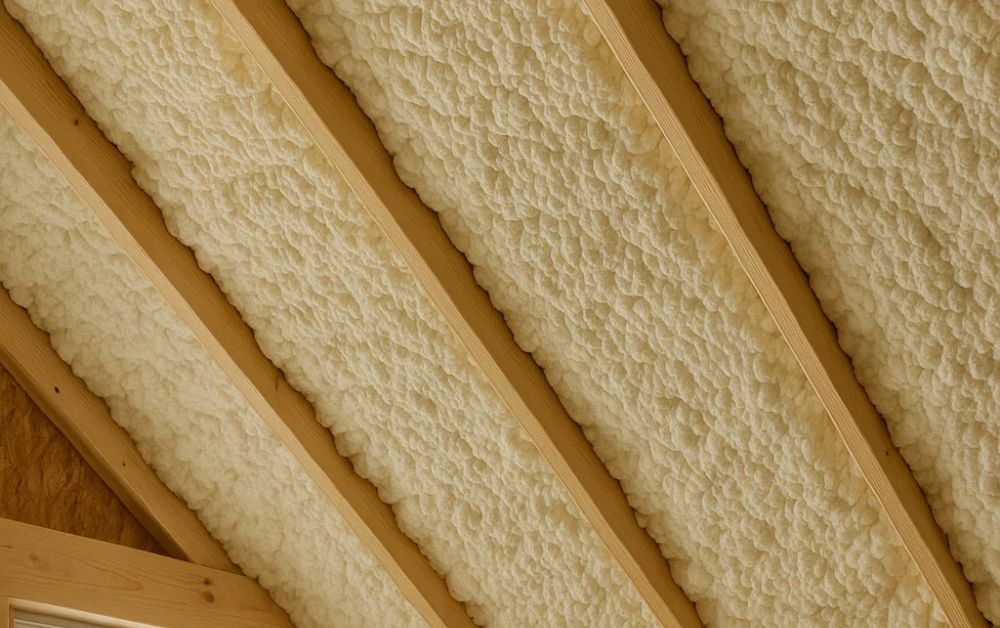In 2025, comfort in residential, commercial, and industrial spaces is no longer defined solely by temperature control or interior aesthetics. Sound management has emerged as a critical element in creating environments that are functional, private, and pleasant. Among the various sound control solutions available, acoustic insulation is standing out as one of the most impactful investments for any space. It is transforming how we live, work, and interact in shared environments by offering a blend of performance, comfort, and design flexibility.

What is Acoustic Insulation?
Acoustic insulation refers to materials and systems designed to absorb, block, or reduce the transmission of sound between rooms or from external sources. It works by disrupting sound waves, preventing them from traveling freely through walls, ceilings, floors, or other structural elements.
This is not just about preventing loud noises — it’s about controlling the acoustic quality of a space. With the right insulation, you can reduce echo, enhance speech clarity, and ensure privacy, whether in a busy office or a cozy home.
Why 2025 is the Perfect Year to Invest in Acoustic Insulation
The demand for acoustic insulation has surged in 2025 due to a combination of architectural trends and lifestyle changes:
1. Open-Plan and Multi-Use Spaces
Homes and offices are increasingly designed with open layouts to promote collaboration and visual appeal. While this is great for aesthetics, it often amplifies unwanted noise. Acoustic solutions help restore balance without sacrificing design.
2. Hybrid Work and Remote Meetings
With more people working remotely or in hybrid setups, controlling background noise has become essential. Acoustic insulation ensures better sound quality for calls and meetings while reducing distractions.
3. Urban Noise Management
As cities grow busier, traffic, construction, and community noise levels continue to rise. Insulation acts as a shield, keeping external noise out of living and working spaces.
Key Benefits of Acoustic Insulation
Investing in acoustic insulation offers advantages that go far beyond sound control:
- Enhanced Privacy – Prevents conversations from being overheard in adjacent rooms or offices.
- Improved Comfort – Reduces stress and fatigue caused by constant exposure to noise.
- Better Audio Quality – Essential for home theaters, recording studios, and conference rooms.
- Energy Efficiency – Many acoustic insulation materials also provide thermal benefits, helping regulate indoor temperatures.
- Property Value – Enhances the appeal of homes and commercial spaces, making them more attractive to buyers or tenants.
Where Can Acoustic Insulation Be Used?
The flexibility of acoustic insulation makes it suitable for a wide range of applications:
- Residential – Bedrooms, living rooms, home offices, and entertainment rooms.
- Commercial – Meeting rooms, open-plan offices, and customer service areas.
- Hospitality – Hotels, restaurants, and event halls where guest comfort is a priority.
- Educational – Classrooms, libraries, and auditoriums for improved concentration.
- Healthcare – Clinics and hospitals where privacy and quiet are essential.
Acoustic Insulation vs. Other Noise Control Methods
While other noise control solutions like acoustic panels or ceiling treatments can be effective, acoustic insulation provides a more permanent and comprehensive approach. It is integrated into the structure of the building — within walls, floors, and ceilings — so it works continuously without impacting the visible interior design.
In contrast, surface-level solutions may only treat specific areas or frequencies of sound, whereas insulation helps address noise transfer across the entire building envelope.
Sustainability and the Future of Acoustic Insulation
In 2025, the construction industry is increasingly focused on sustainability, and acoustic insulation is keeping pace with this shift. Many insulation products are now made from recycled or renewable materials, minimizing environmental impact while still delivering excellent performance.
Future innovations are expected to include:
- Smarter Materials – Capable of adjusting density to block different sound frequencies.
- Multi-Function Insulation – Combining acoustic performance with air quality improvements or advanced thermal properties.
- Lightweight Solutions – Making installation faster and more cost-effective.
Why Acoustic Comfort Matters More Than Ever
Noise affects more than just our ability to hear — it impacts our productivity, health, and overall well-being. Uncontrolled noise can cause stress, reduce concentration, and even disrupt sleep. By integrating acoustic insulation into your space, you are not just improving sound quality; you are investing in the mental and physical comfort of everyone who uses that environment.
Whether it’s ensuring clear communication in an office, creating a peaceful retreat at home, or enhancing the guest experience in a hospitality setting, the right insulation can make a noticeable difference.
Conclusion
In 2025, acoustic insulation is more than a construction material — it’s a vital element of modern design that blends comfort, privacy, and performance. Its ability to reduce noise, improve energy efficiency, and enhance overall well-being makes it a must-have for residential, commercial, and industrial projects alike. For expertly tailored acoustic solutions that combine cutting-edge technology with exceptional craftsmanship, Perfect Acoustics is the name to trust, delivering results that transform how your space sounds and feels.


